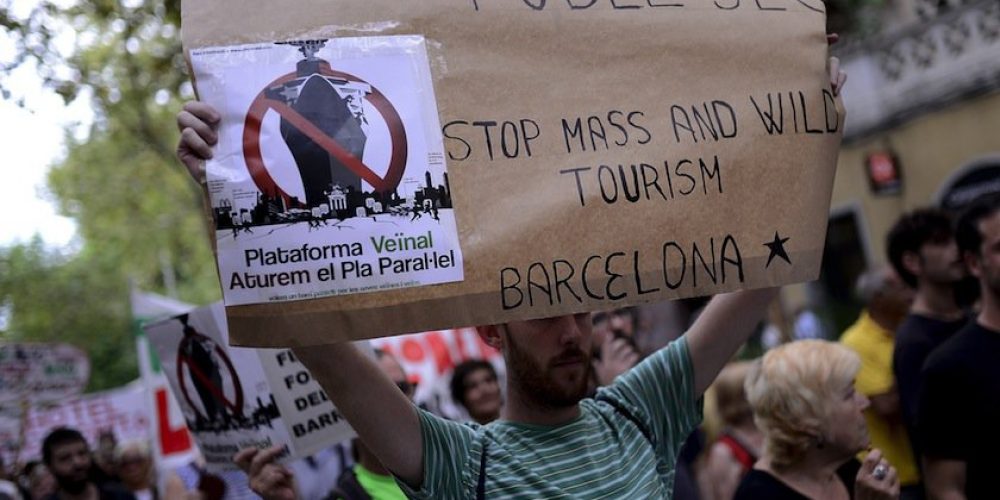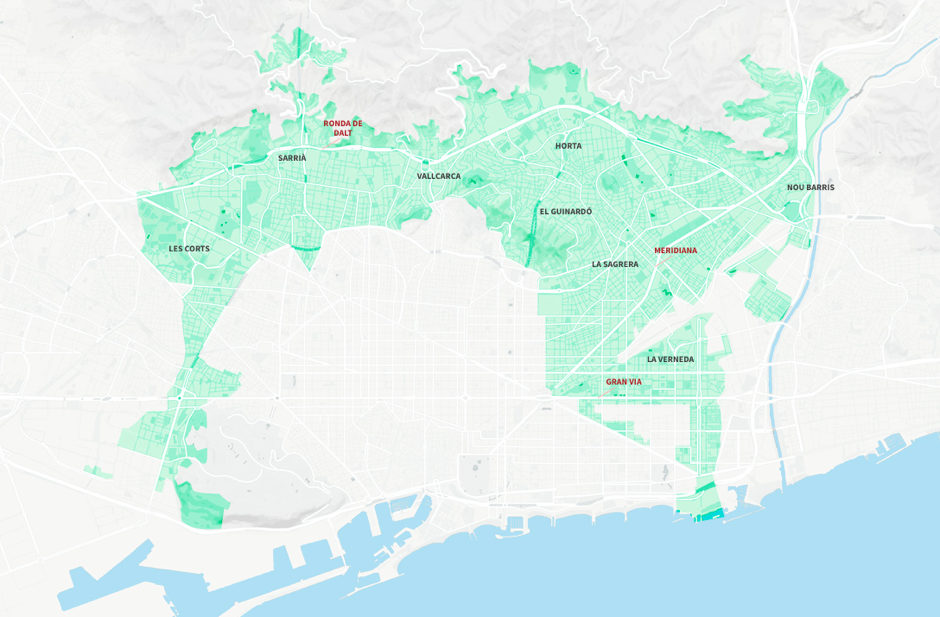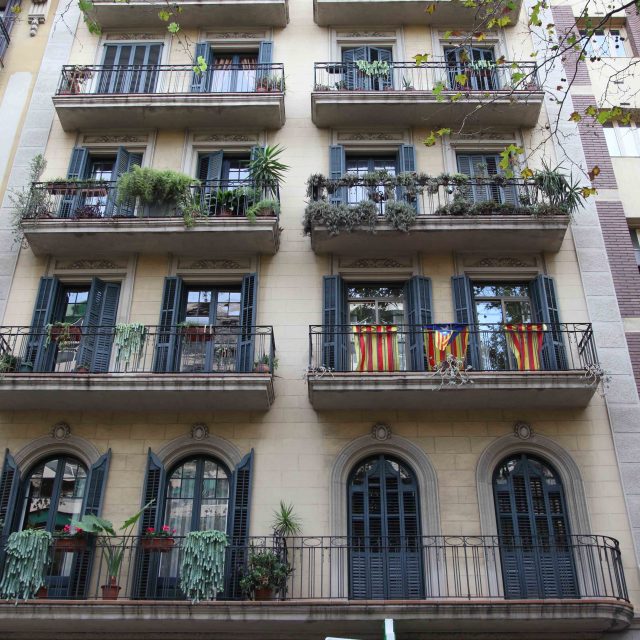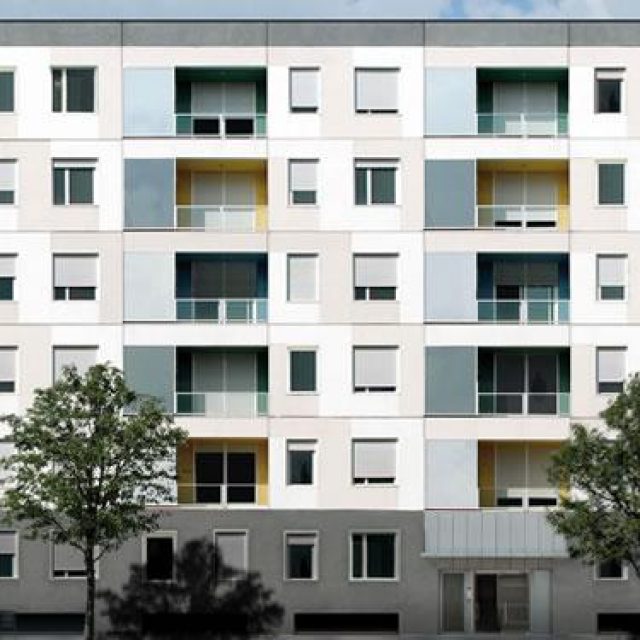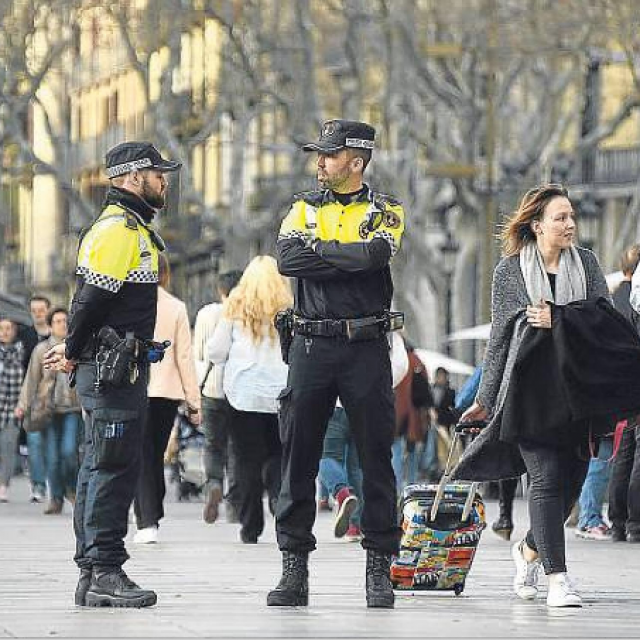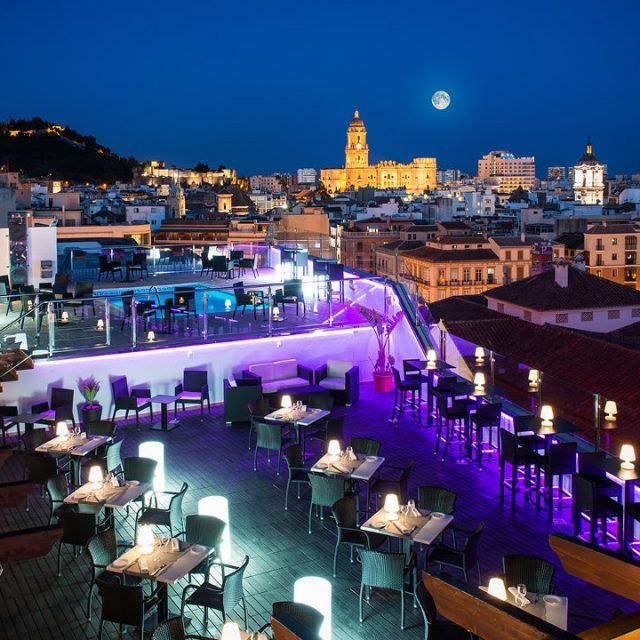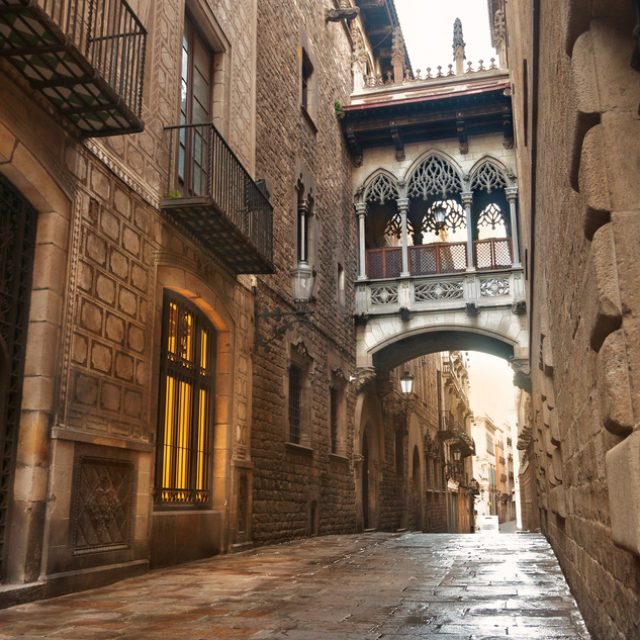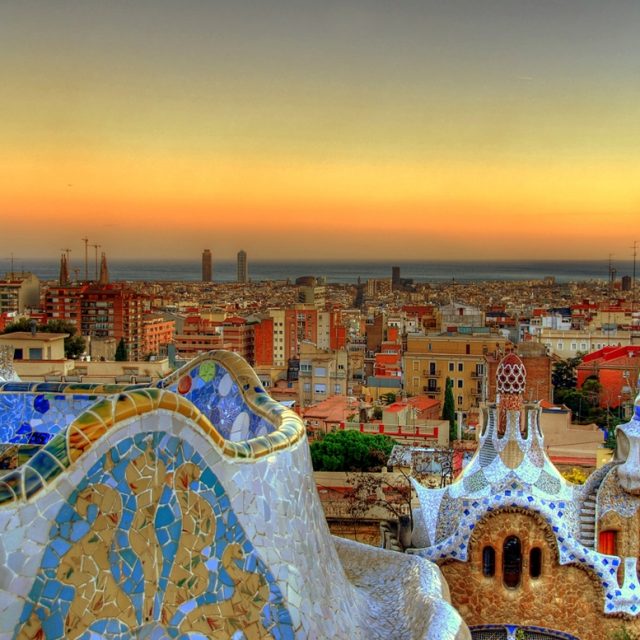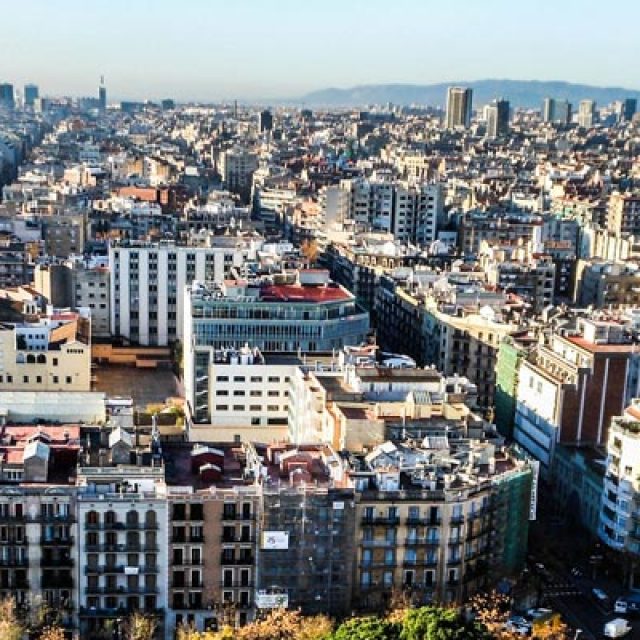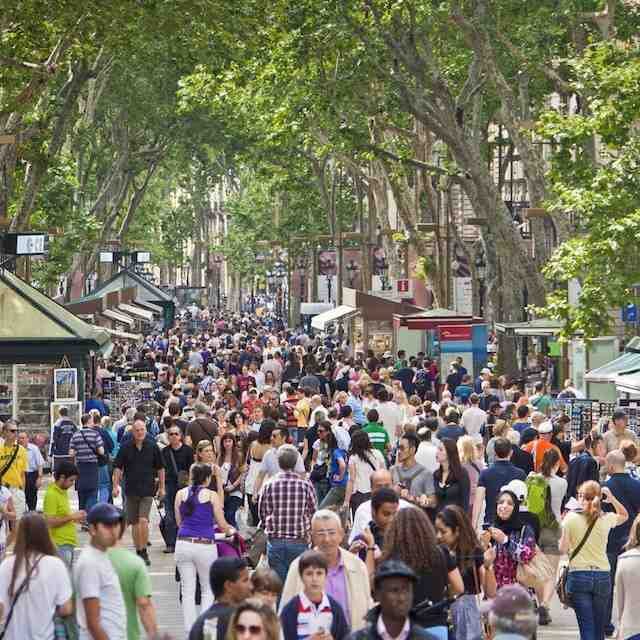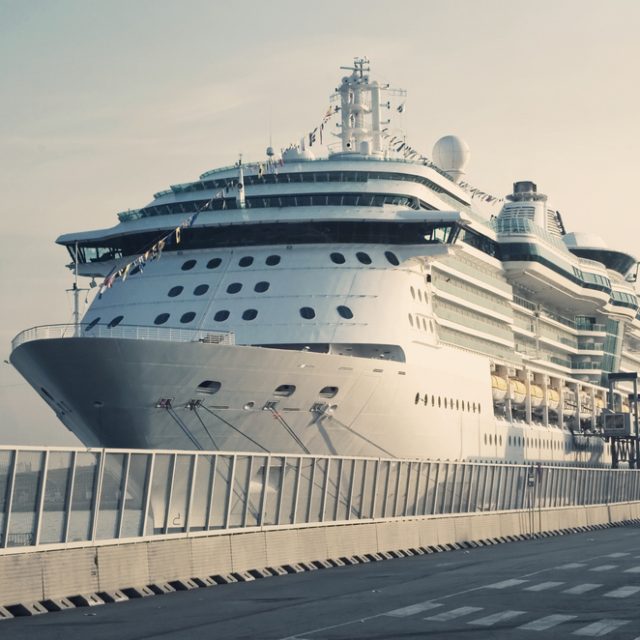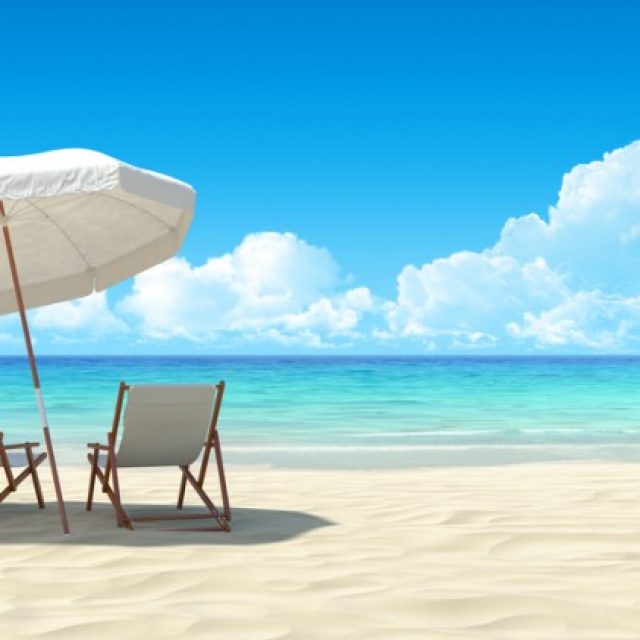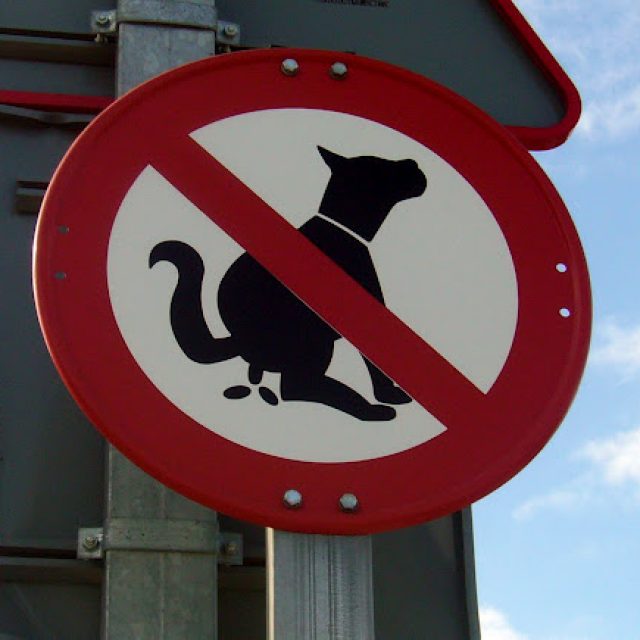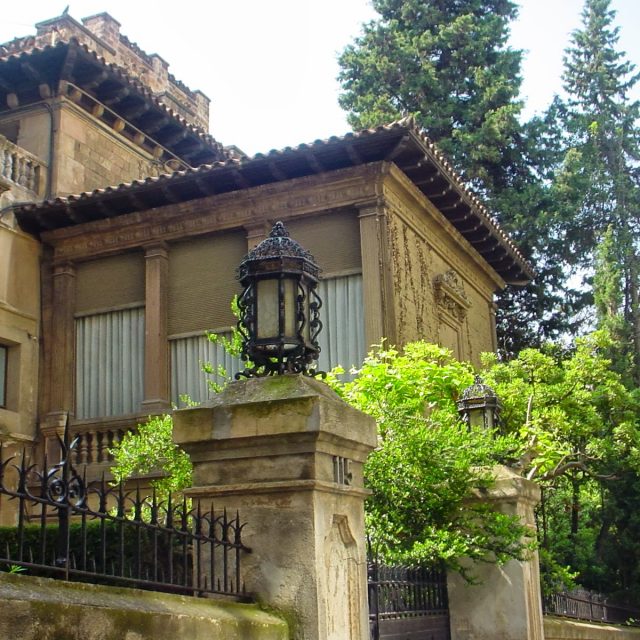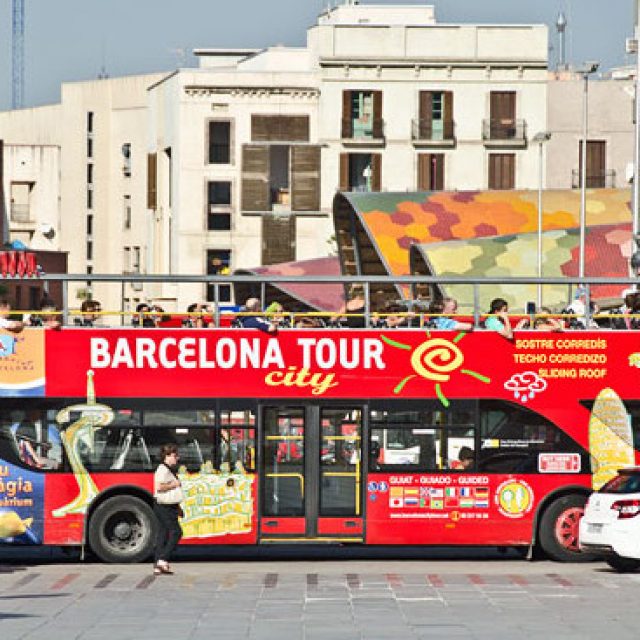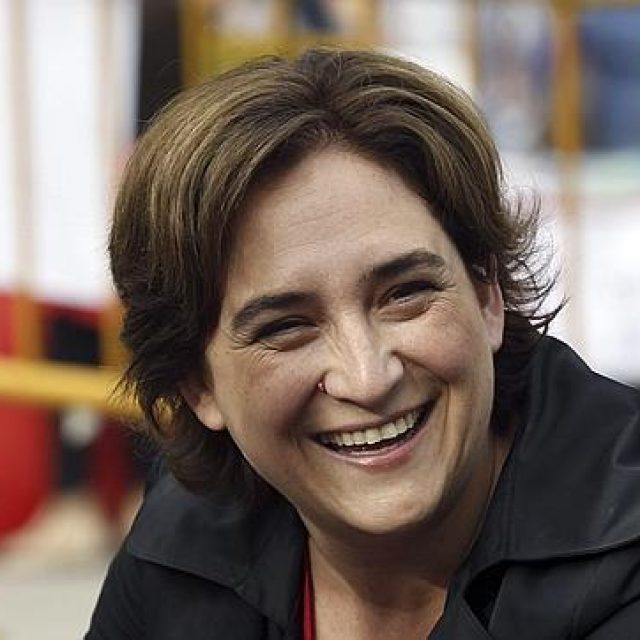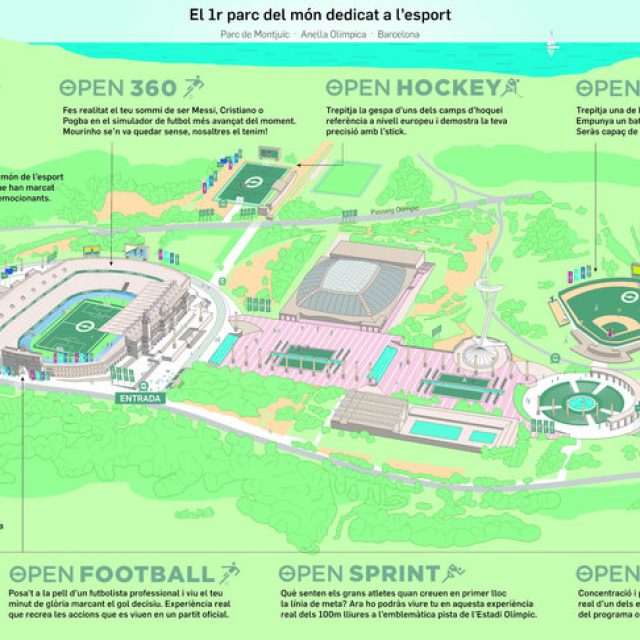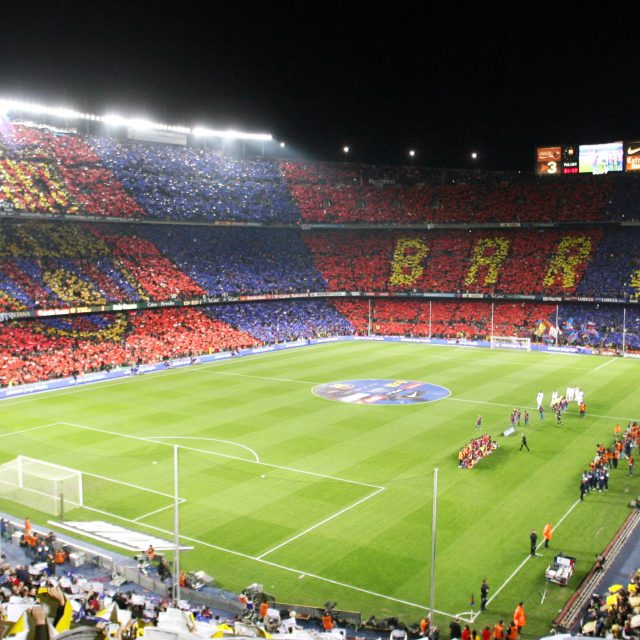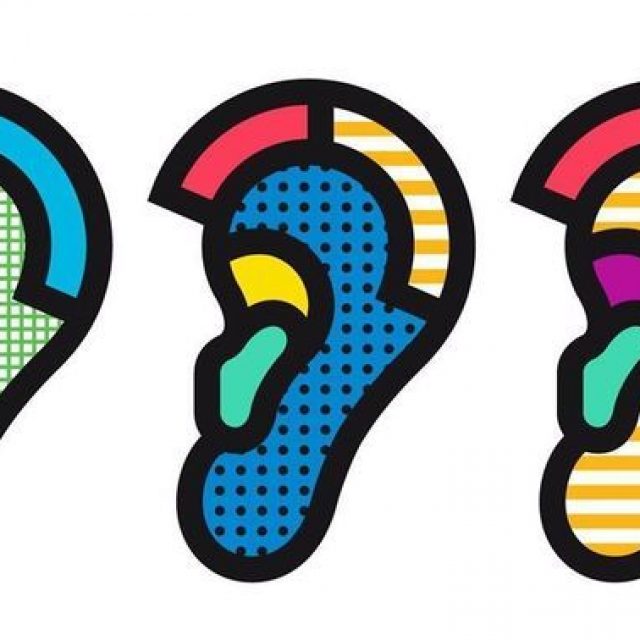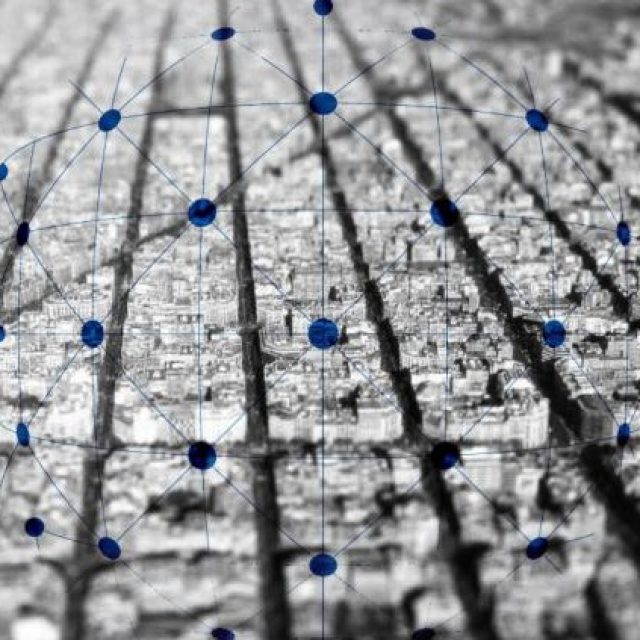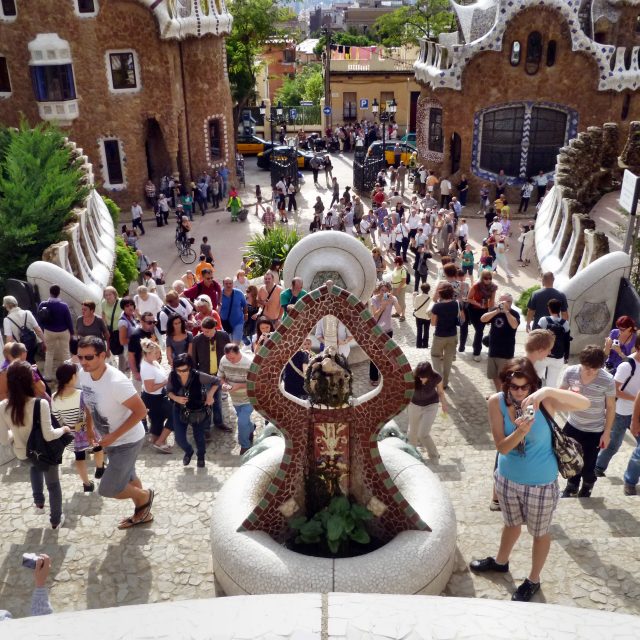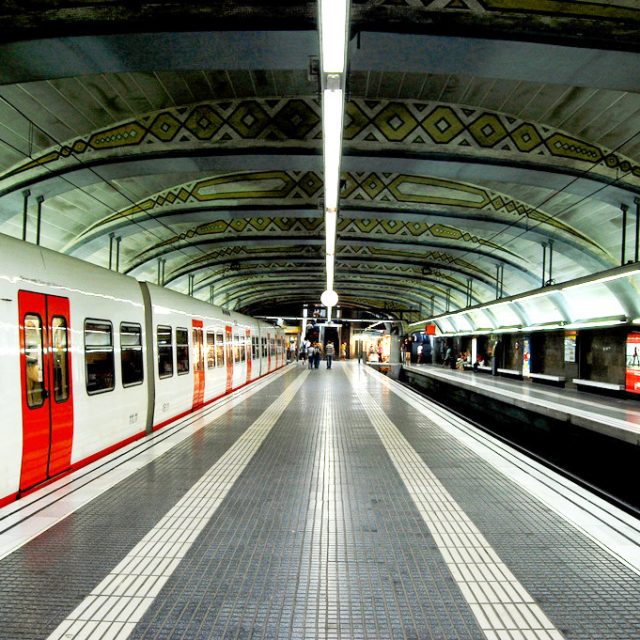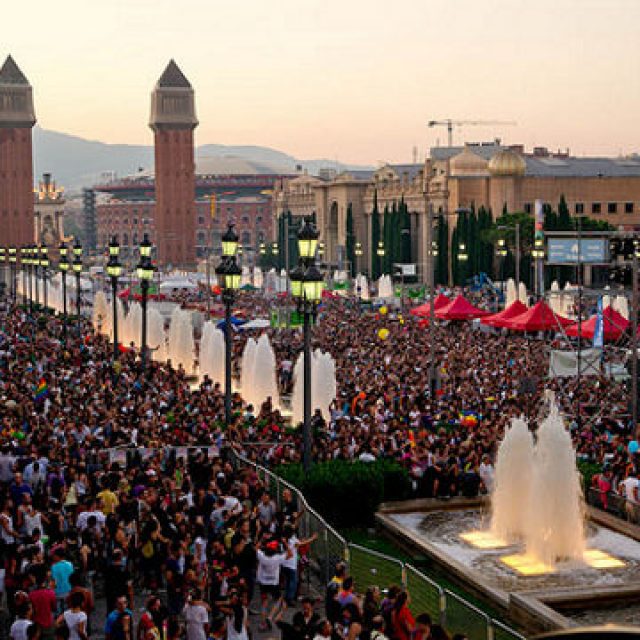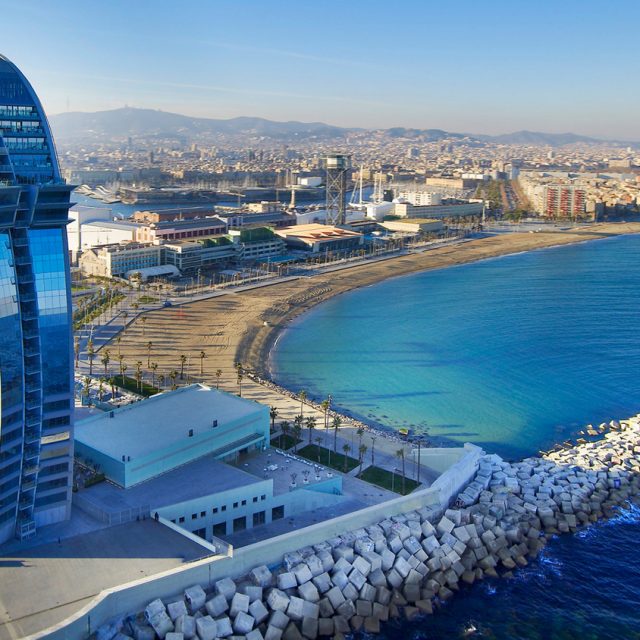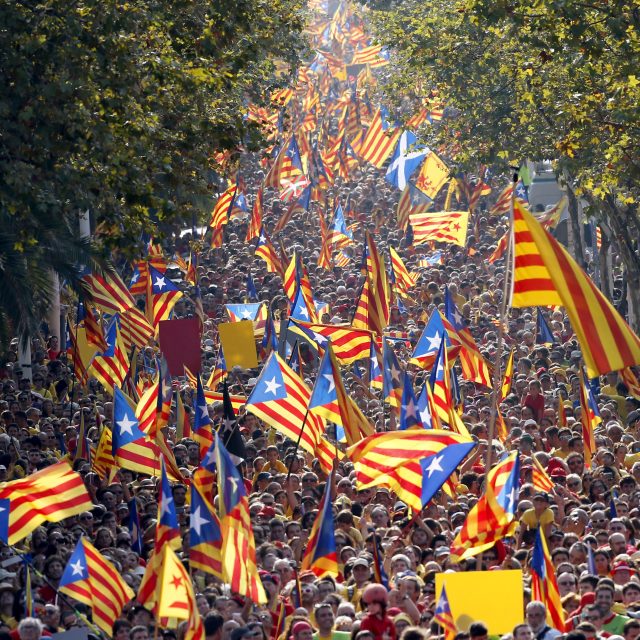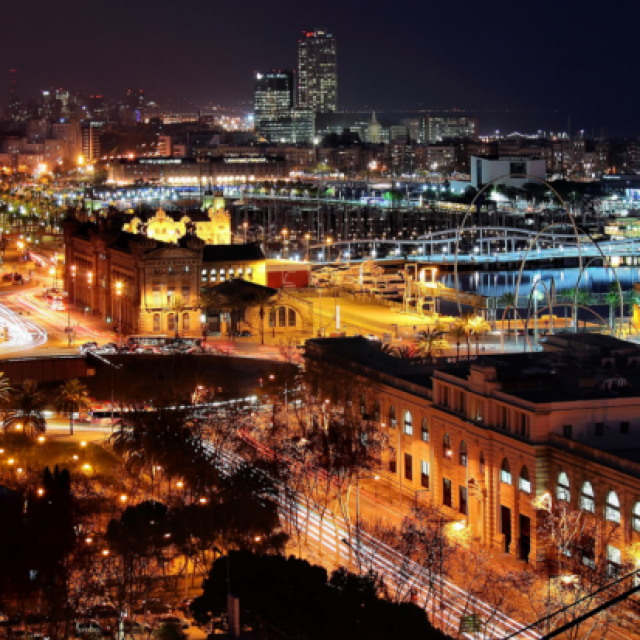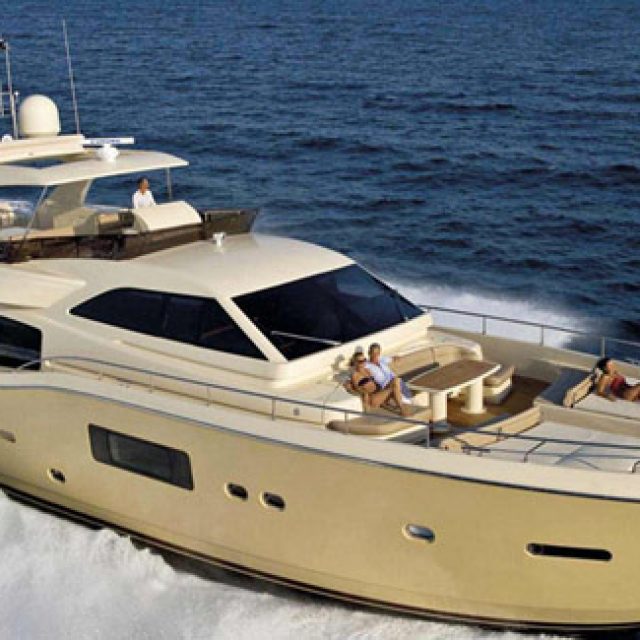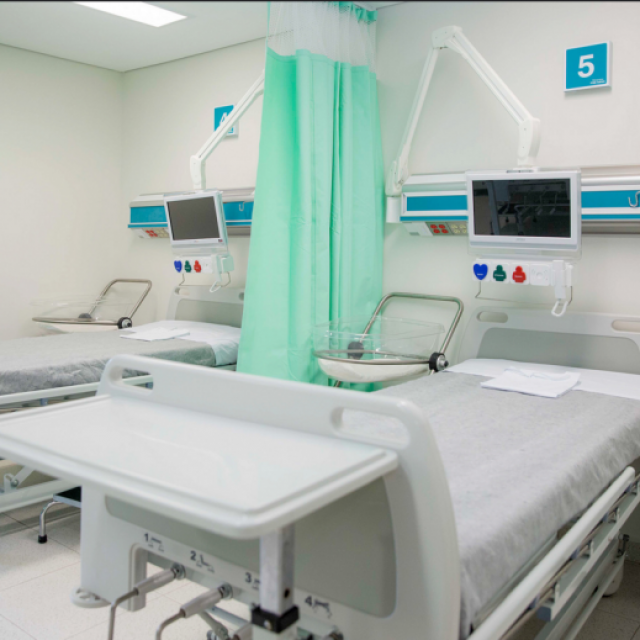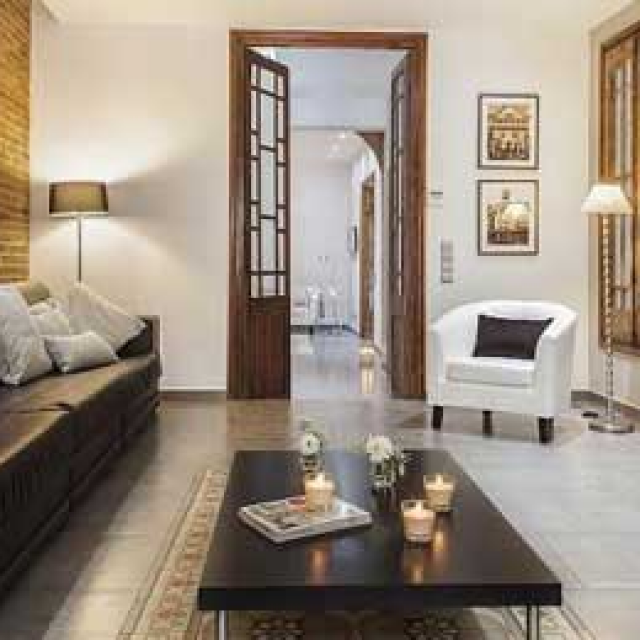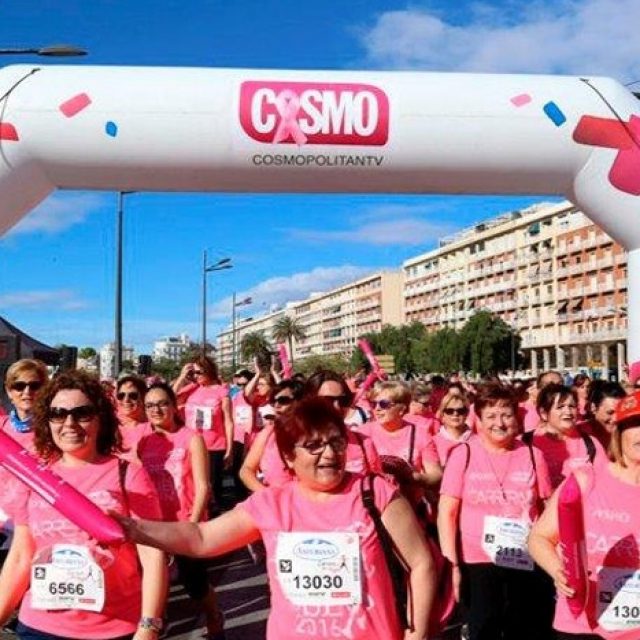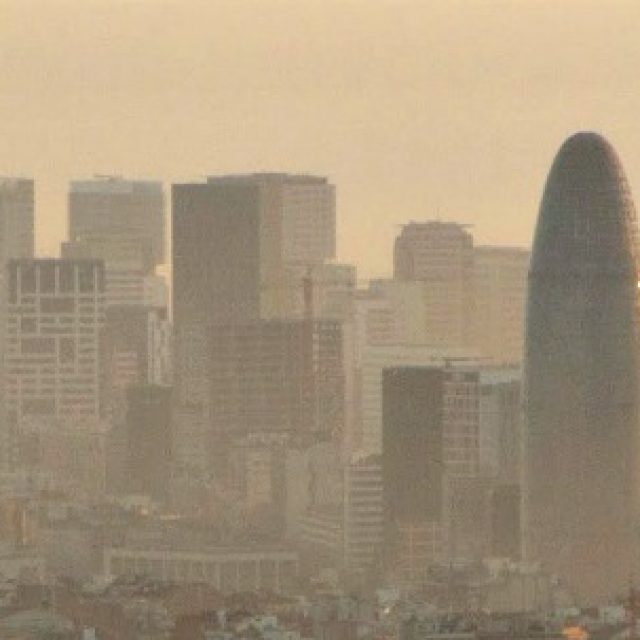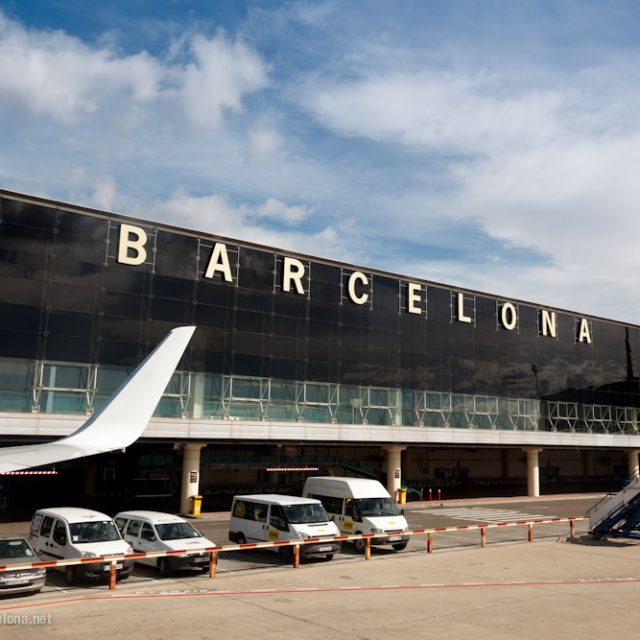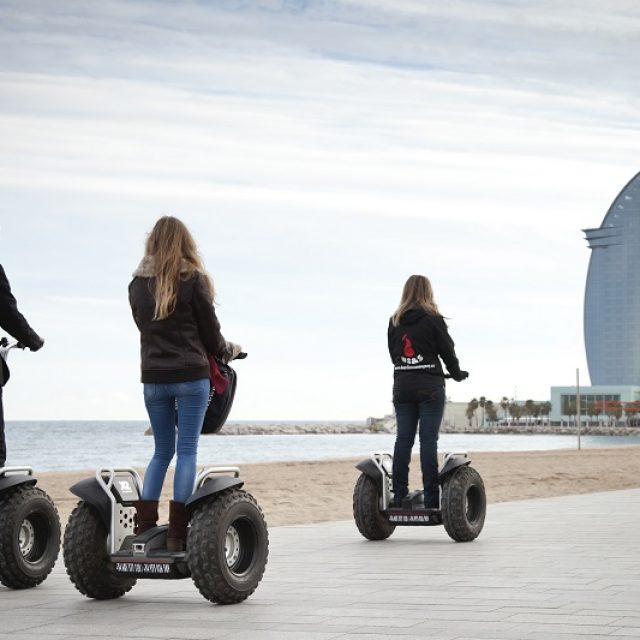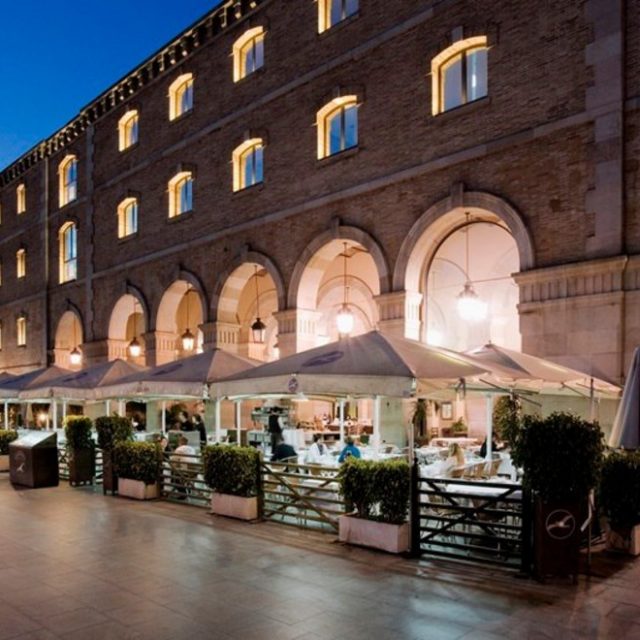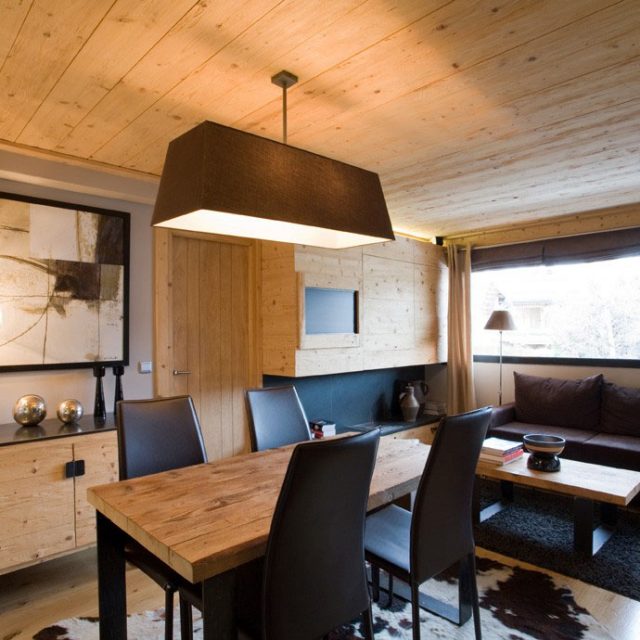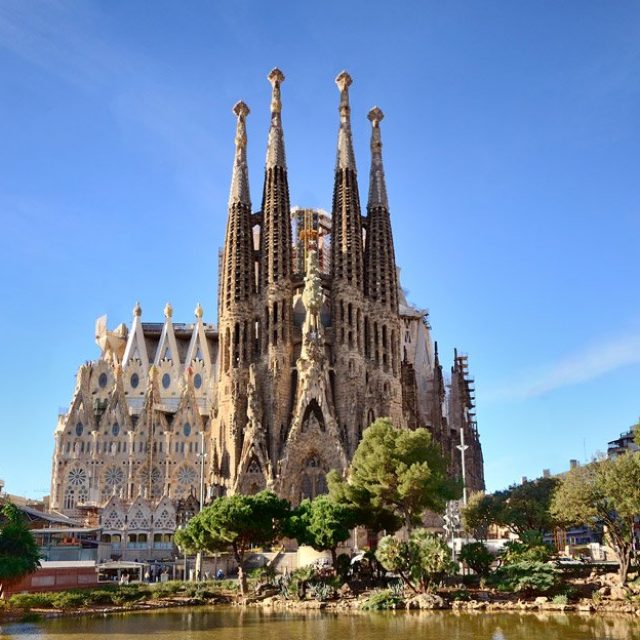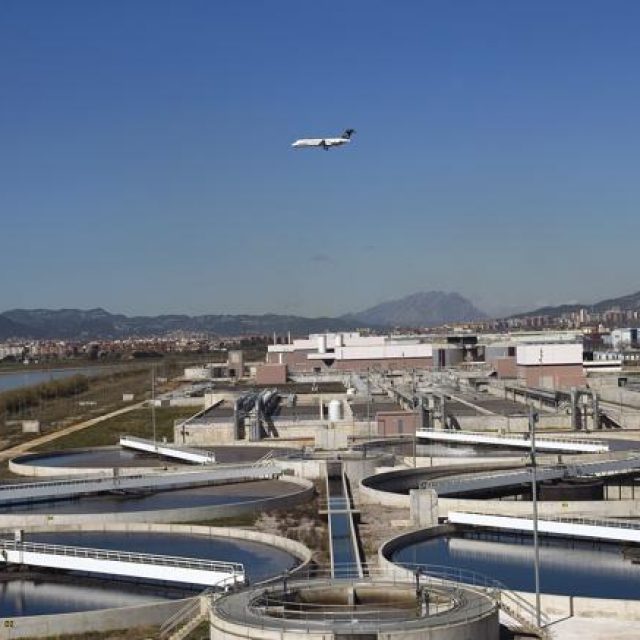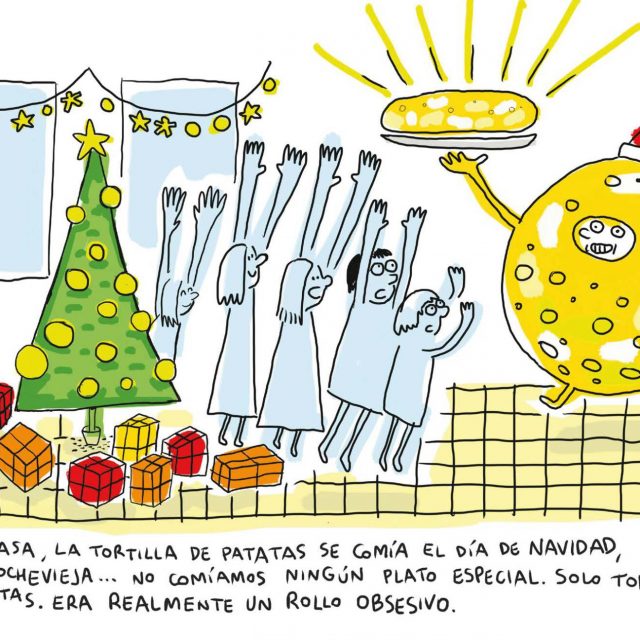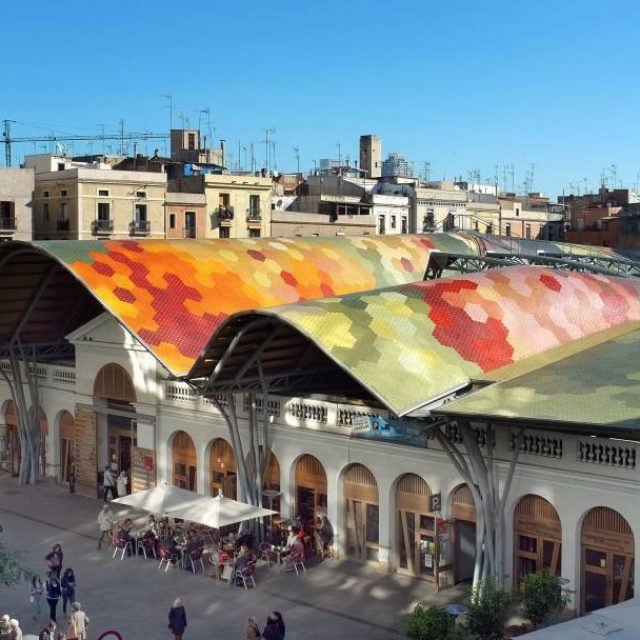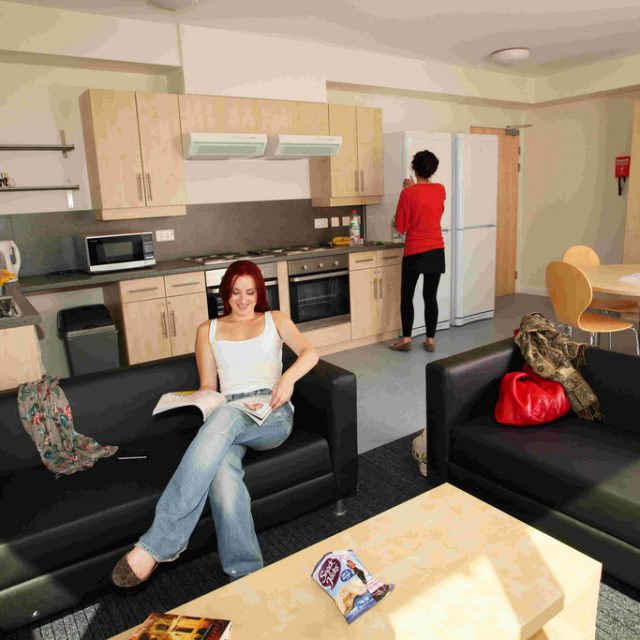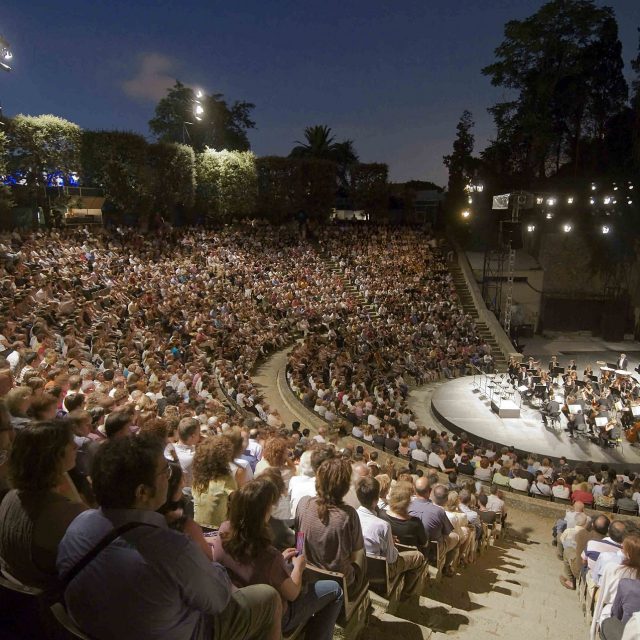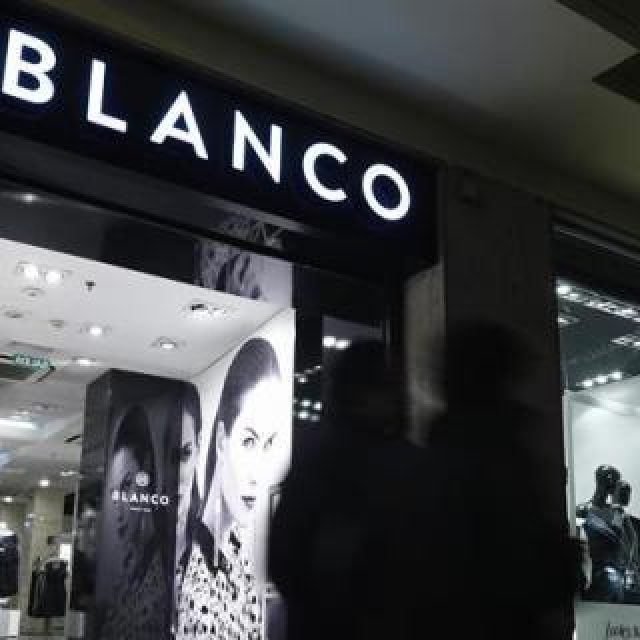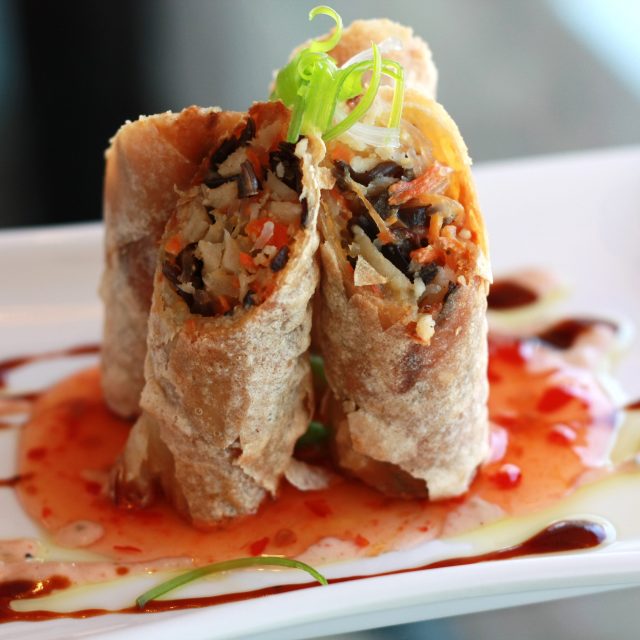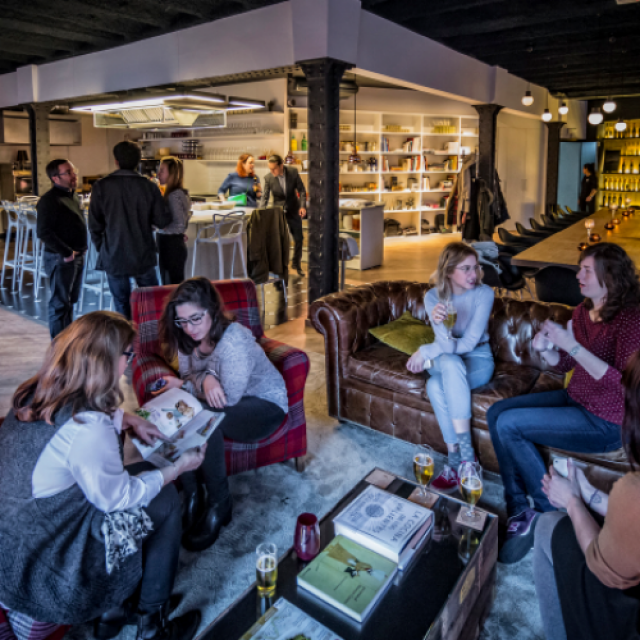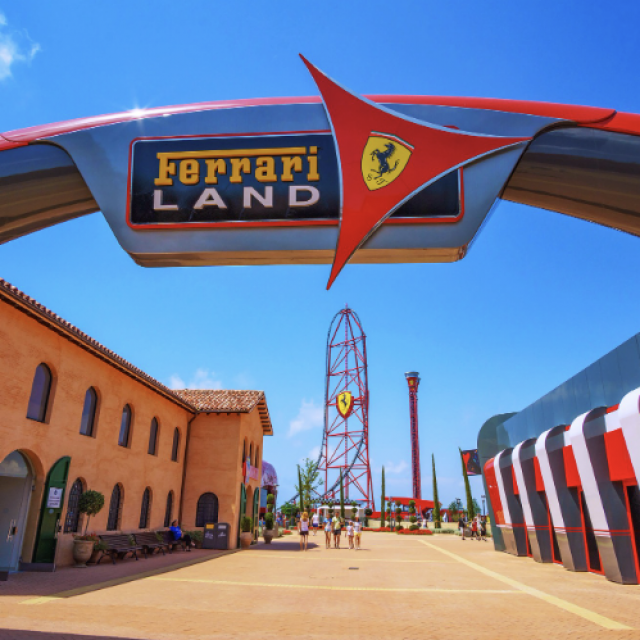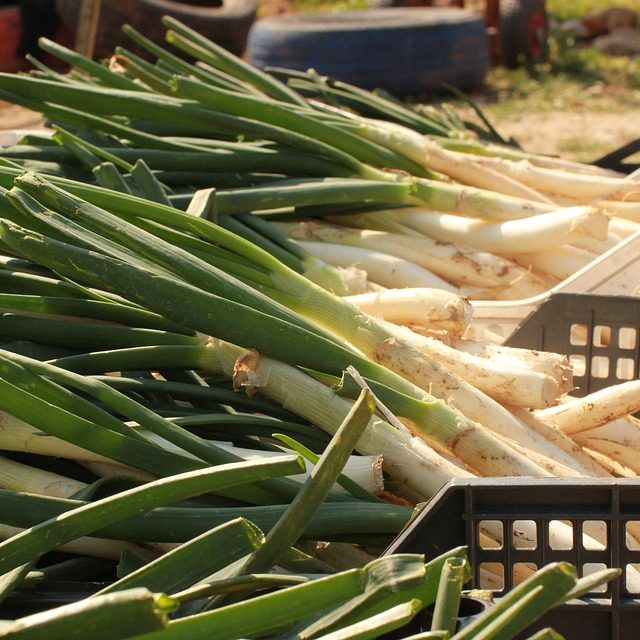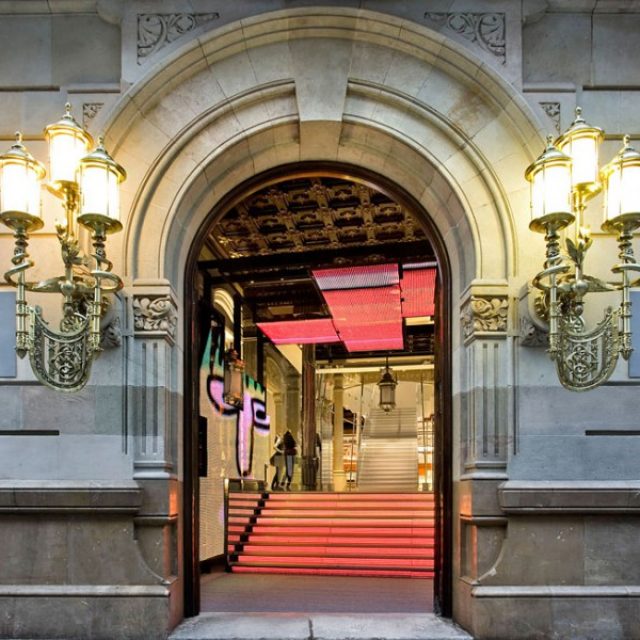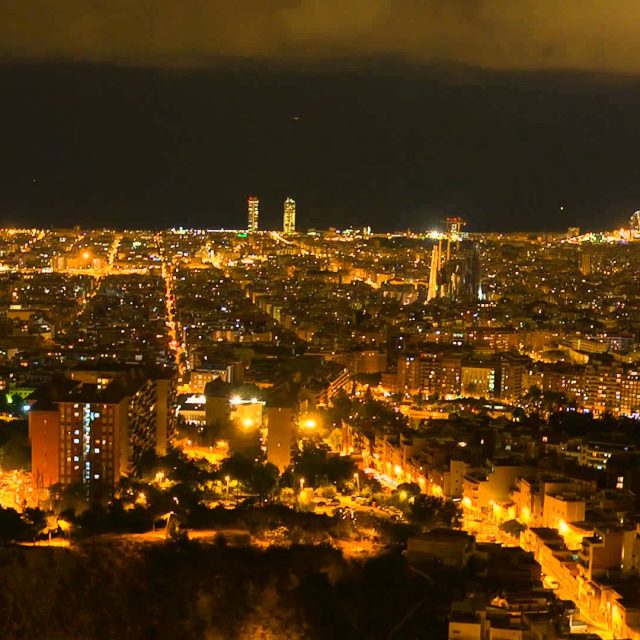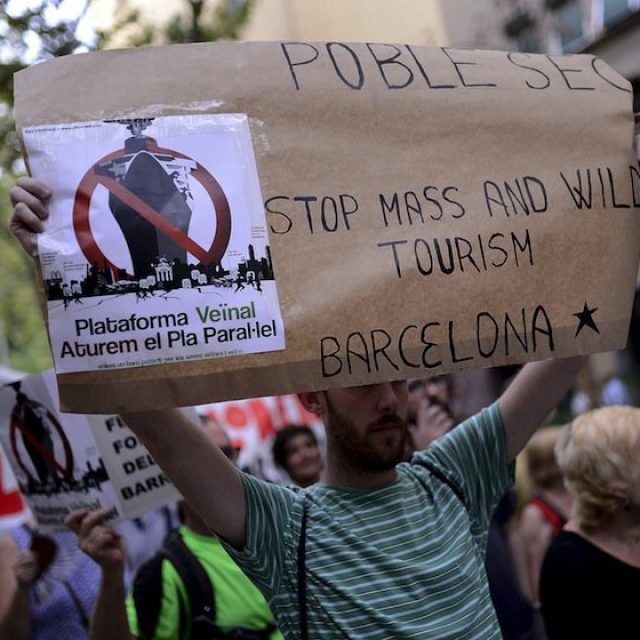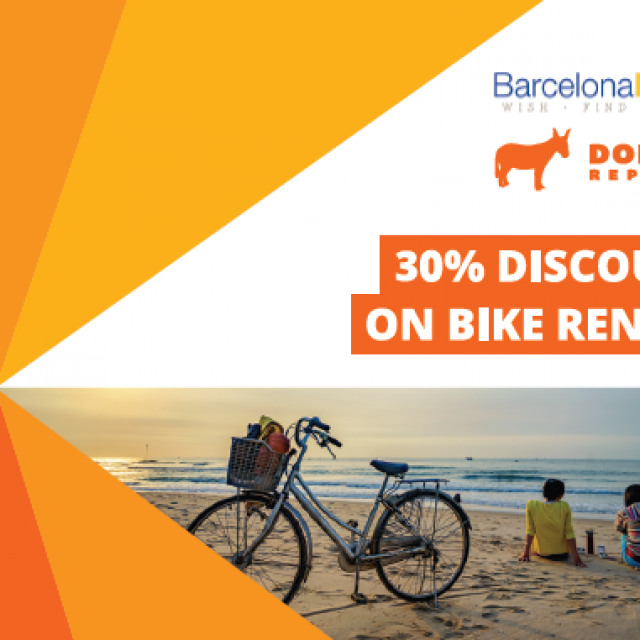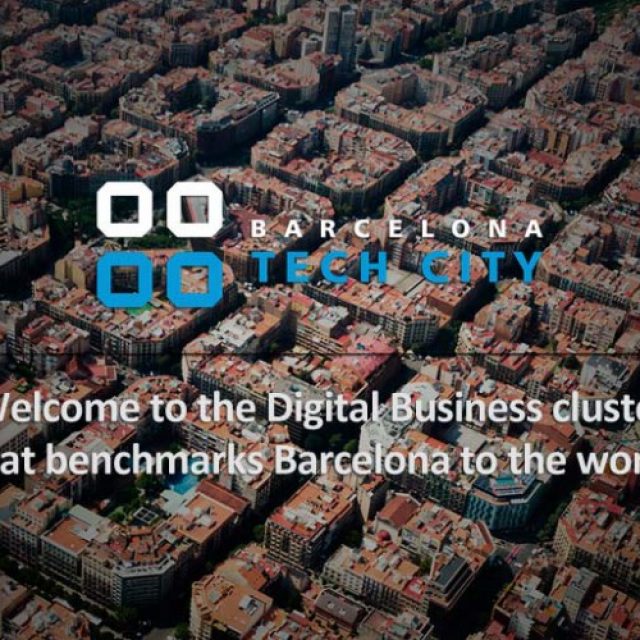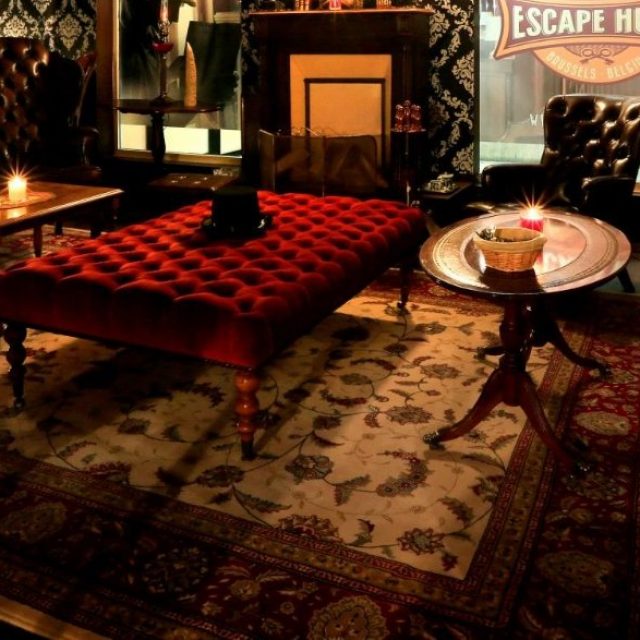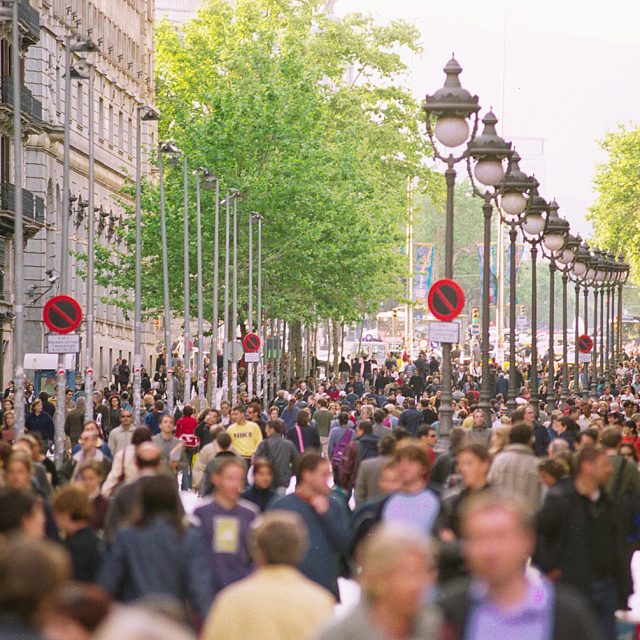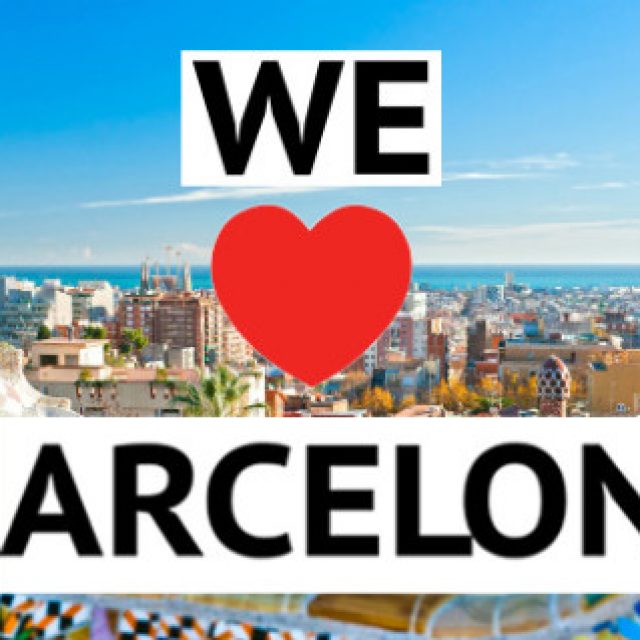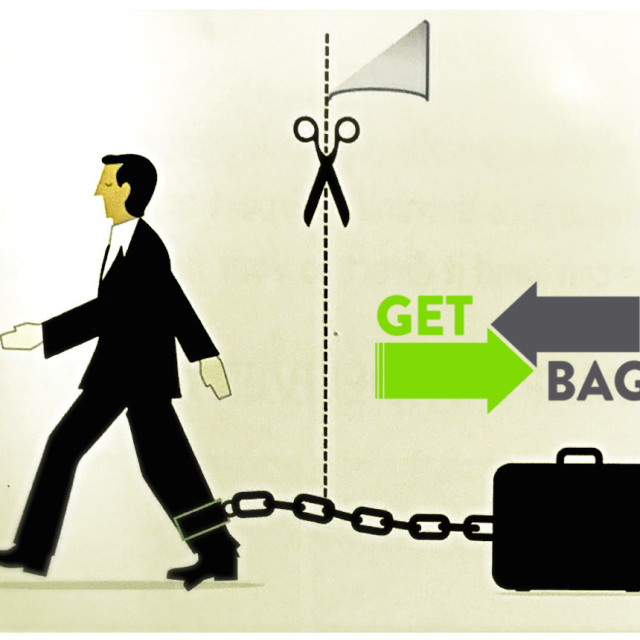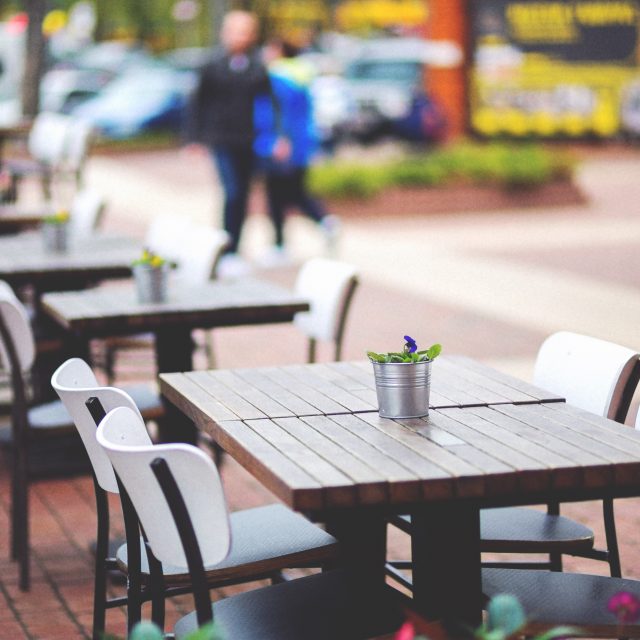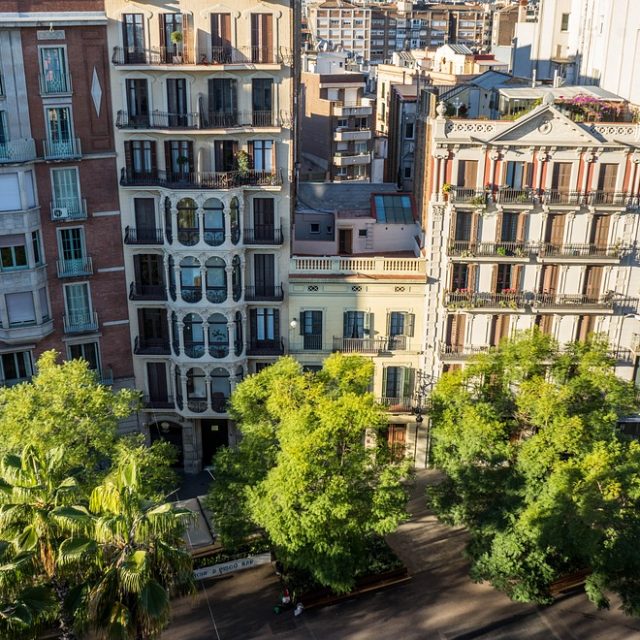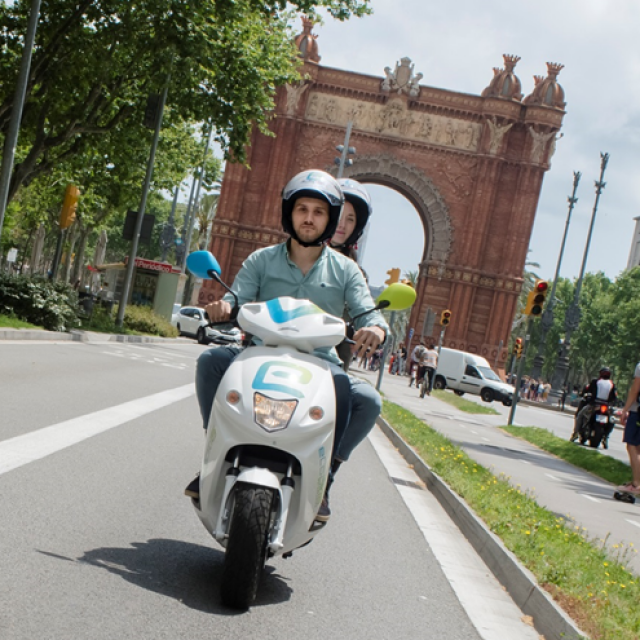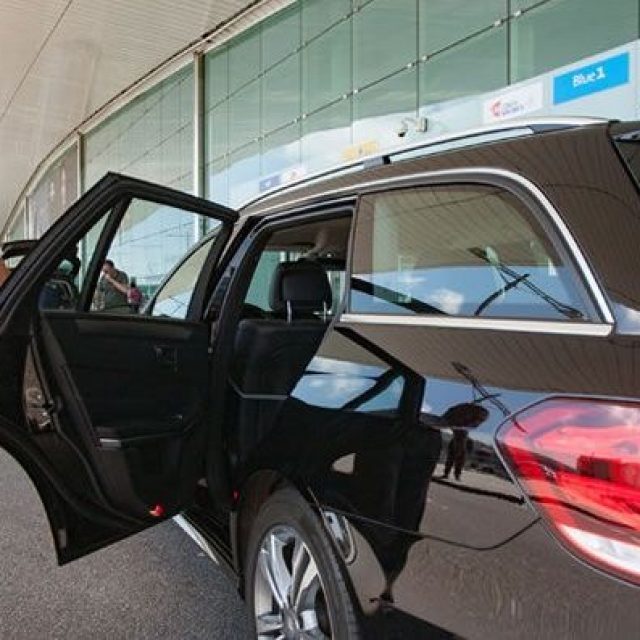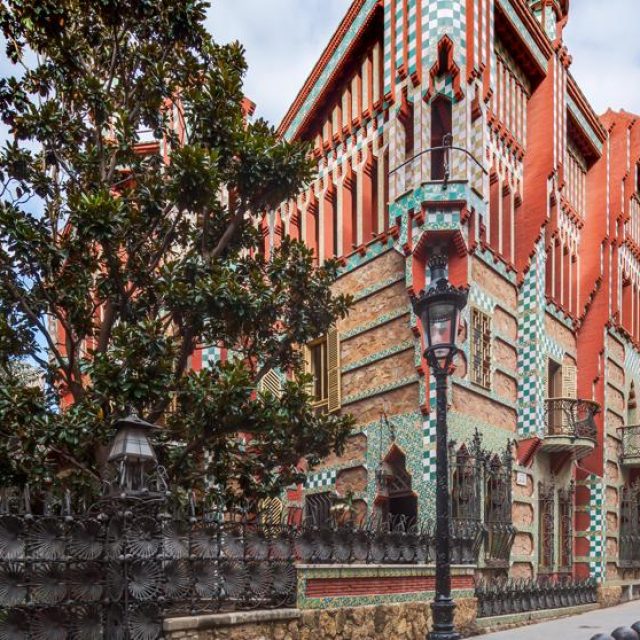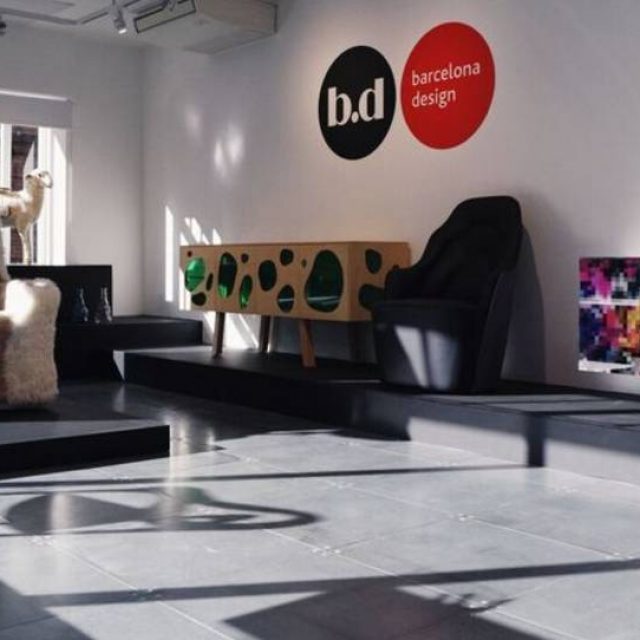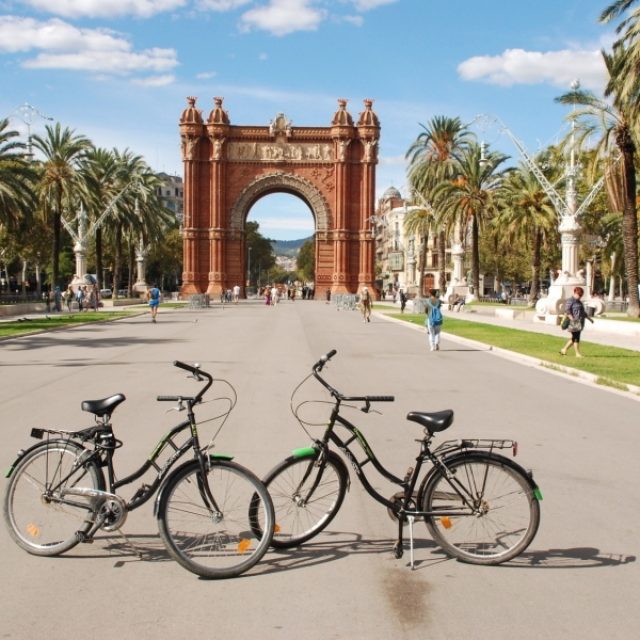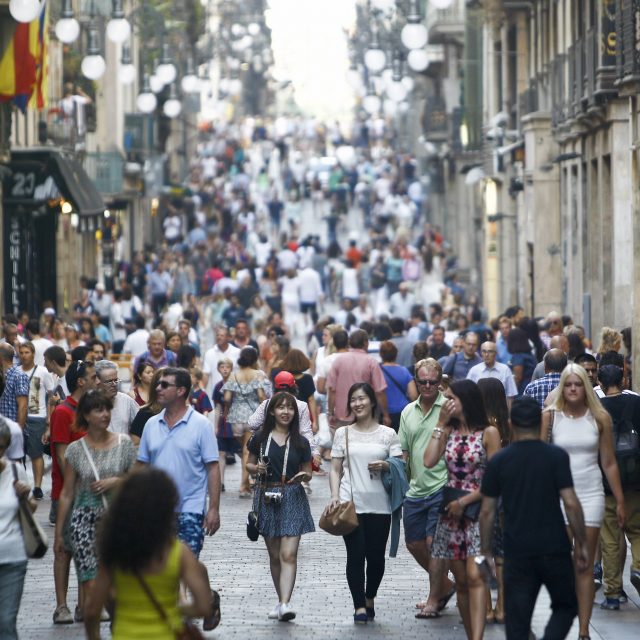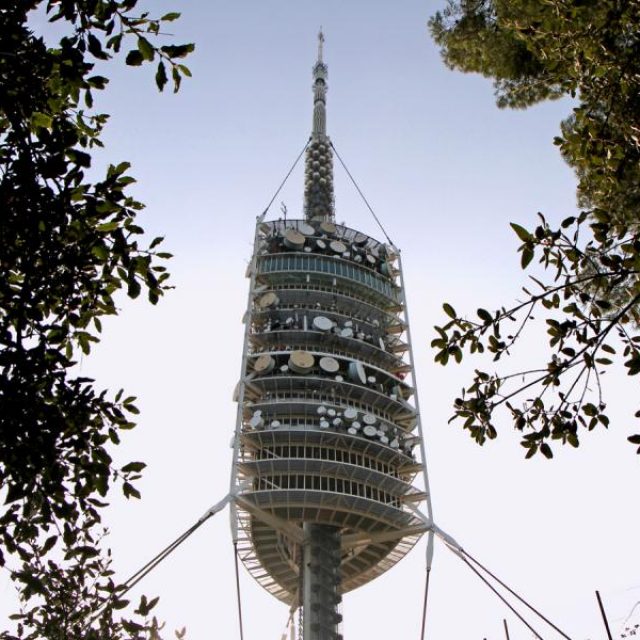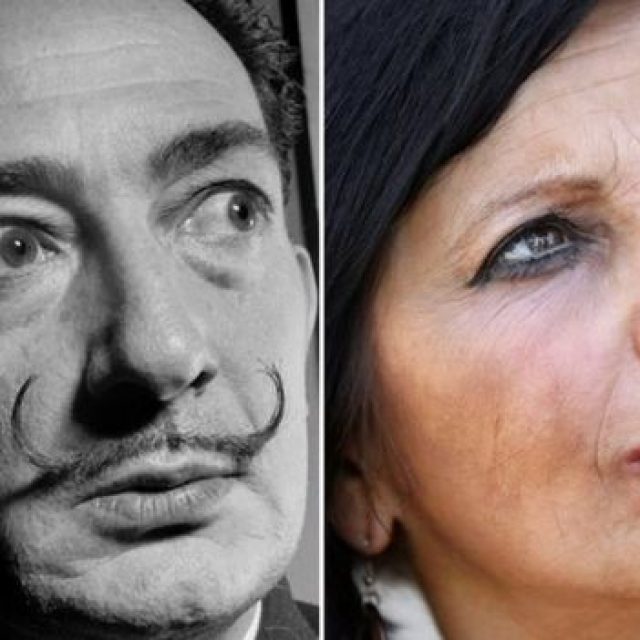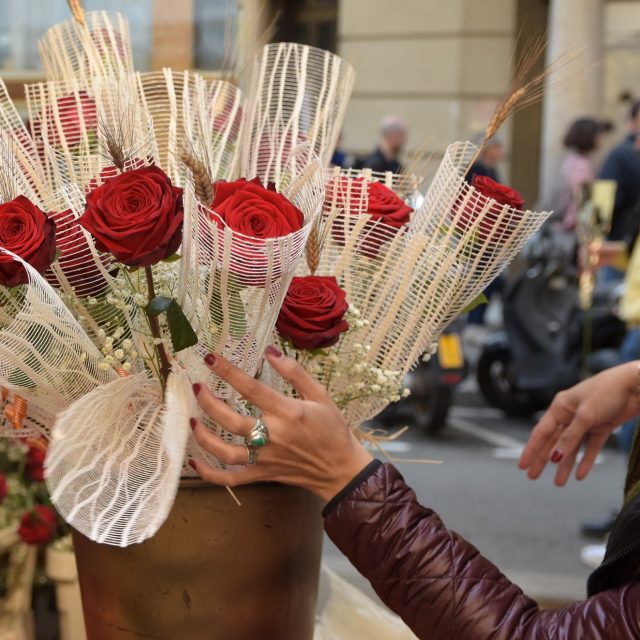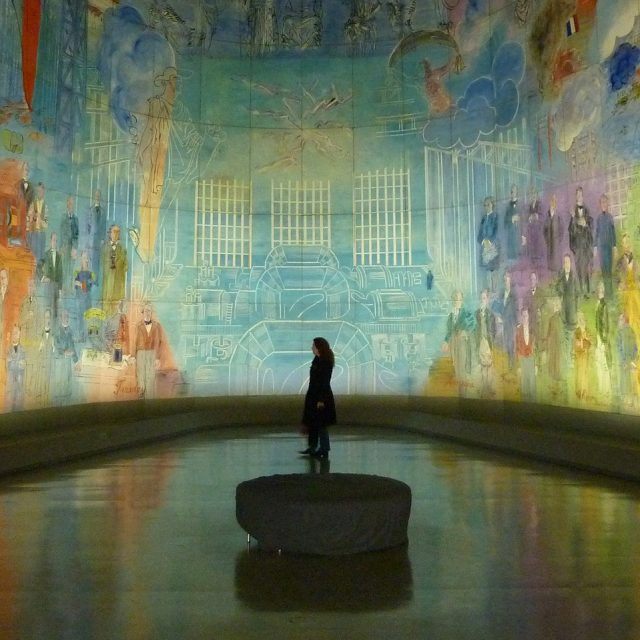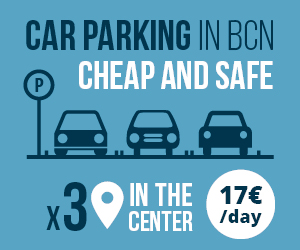“Barcelona is not for sale”- organised movement protest in the market of La Boqueria
This past January, thousands of people protested in the streets of Rambla under the motto “Barcelona is not for sale”. The FAVB (Federación de Asociaciones de Vecinos de Barcelona), together with 60 organisations, organised the rally. This brought together different sets of activists: housing, work, neighbourhoods, culture etc.; all mutually against “mass tourism” and in favour of “right to live in the city”.
Once again, tourism proved to be a source of great dissatisfaction in regards of the living conditions in Barcelona. Though tourism is very successful in the city, the living standards keeps on declining, with rents continuously increasing.
Lasting for approximately 2 hours, protesters walked through popular roads demanding “Culture accessibility”, “Promotion of public transport and non pollution” and “Gender equalities” in the city; condemning “housing speculations” “destructions of proximity trade” and “degradation of public space”. Following after La Rambla, the protesters also entered the market of La Boqueria, where they paraded with banners and shopping carts.
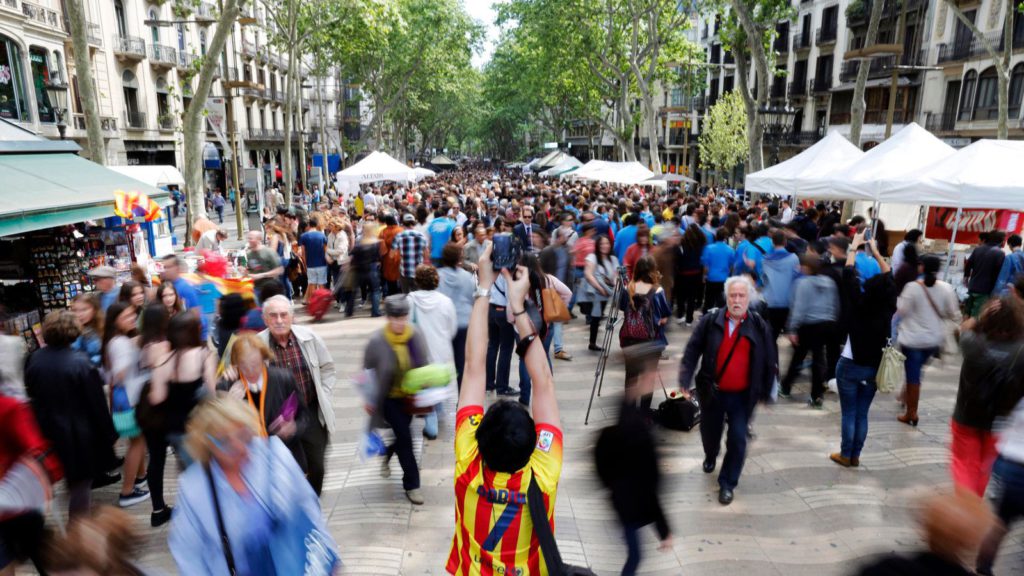
The effect of mass tourism
According to the data collected in 2016 from Hotel Occupation Survey, the Catalonian capital reached 20 million hotel bookings; twice the result of 12 years ago. Additionally, city establishments such as hotels, hostels and inns brought in a total of 7.5 million customers. For three consecutive years, Barcelona has been the city with the highest record of overnight stays ever since 2013.
From then on, many iconic and beloved areas such as La Rambla, Poble Sec and Barceloneta have been targeted spots for hotels and inns, bringing in thousands of tourist yearly. The FAVB town planning director Camilo Ramos supported the protest, highlighting that the cross movement “demands that Barcelona reconquers spaces that were previously been citizens’ control, such as la Rambla“. Ramos further stated “there are increasing problems in the city, such as expulsion of lower income people due to the increase in prices of rents and shopping halls, as well as growth flats altered into tourist houses“.
Before the protest, the government approved operations of opening new hotels in other prefectures with supports of ERC and CUP. After months of hard negotiations, the PEUAT (Plan Especial Urbanistico de Alojamiento Turistico) also approved, as they refused further hotels to expand in the city centre.
PEUAT’s tourism plan
The PEUAT, translated as The Special Urban Tourism Accommodation Plan, is a department in the government of Barcelona in charge of regulating tourist accommodation establishments. Stating on their websites, PEUAT plans to halt other touristic establishment to expand in areas overcrowded by tourists (Zone 1); allowing hotels and tourist apartments to build in openly available parts instead, such as zone 3 areas ( Les Corts, Nou Barris, La Verneda etc.)
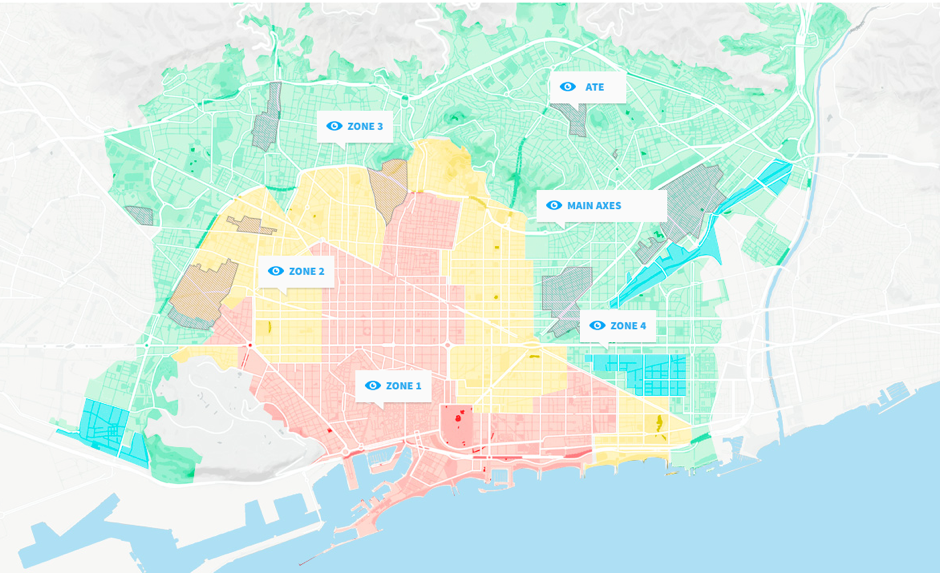
- 1st zone: Major establishment concentration
- 2nd zone: Important tourist establishment
- 3rd zone: Possibility of new establishments
However, neighbouring organisations completely disagreed with the government and PEAUT decision, stating it’s insufficient and won’t stop mass tourism in Barcelona. On the other hand, hotel owners were also not keen with the decision, as they believe it is not good enough for their business; blaming PEUAT for “radicalising” municipal laws and not fixing the damages neighbours have caused in public spaces.
Throughout the protest, a manifesto was given out to the public, quoting that, during the last decade, mass tourism has been the core source of poor financial and living condition of the city; Elites of Catalonian and Madrid have taken over the political planning of Barcelona, turning the city into a profitable tourist attraction rather than a city!
If you would like to read about some specific topic click on the button below and SHARE YOUR THOUGHTS!
Photocredit: quartz.com
Photocredit: fortunedotcom
Source: ajuntament.barcelona.cat
Source: Lavanguardia

